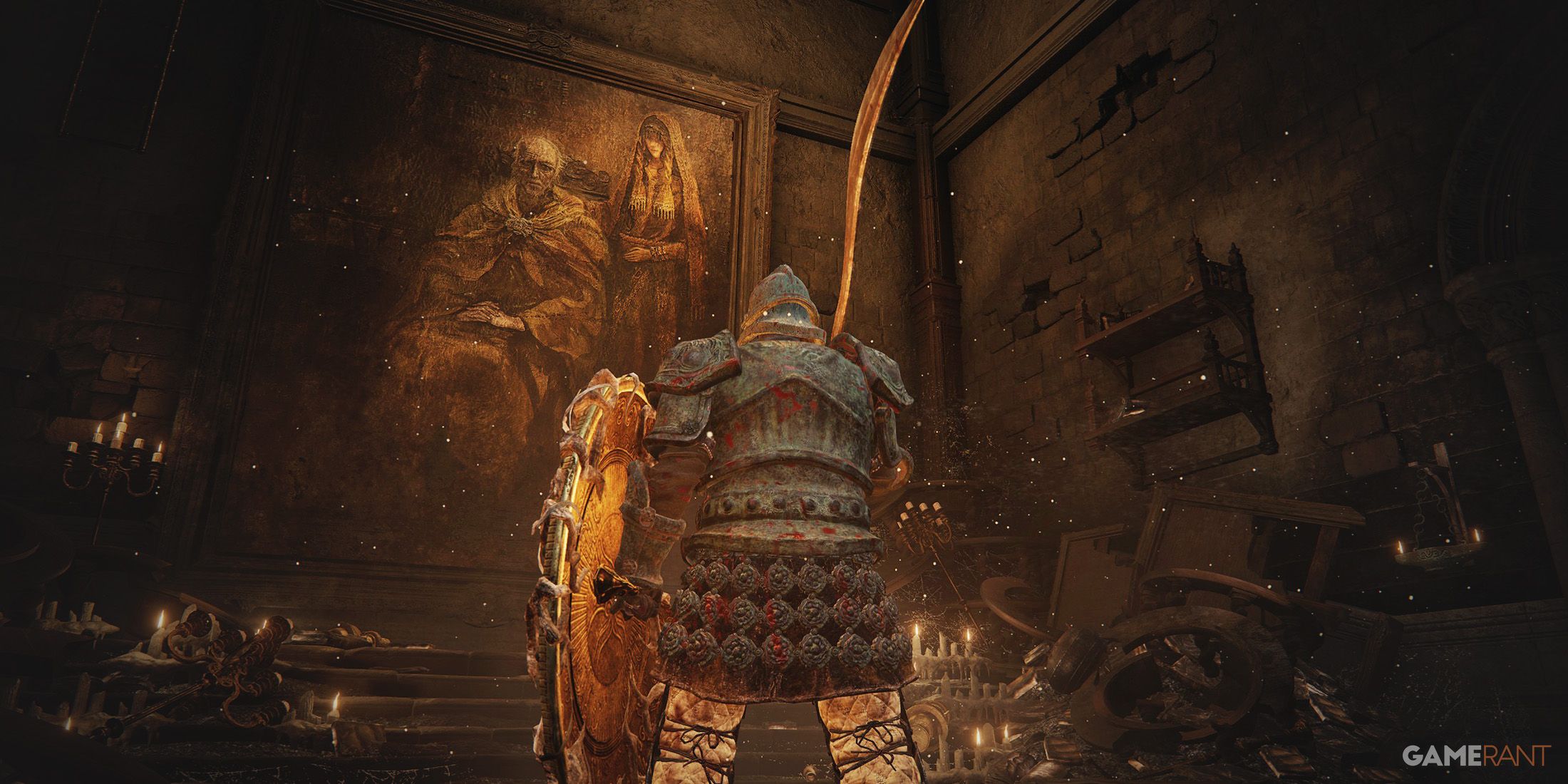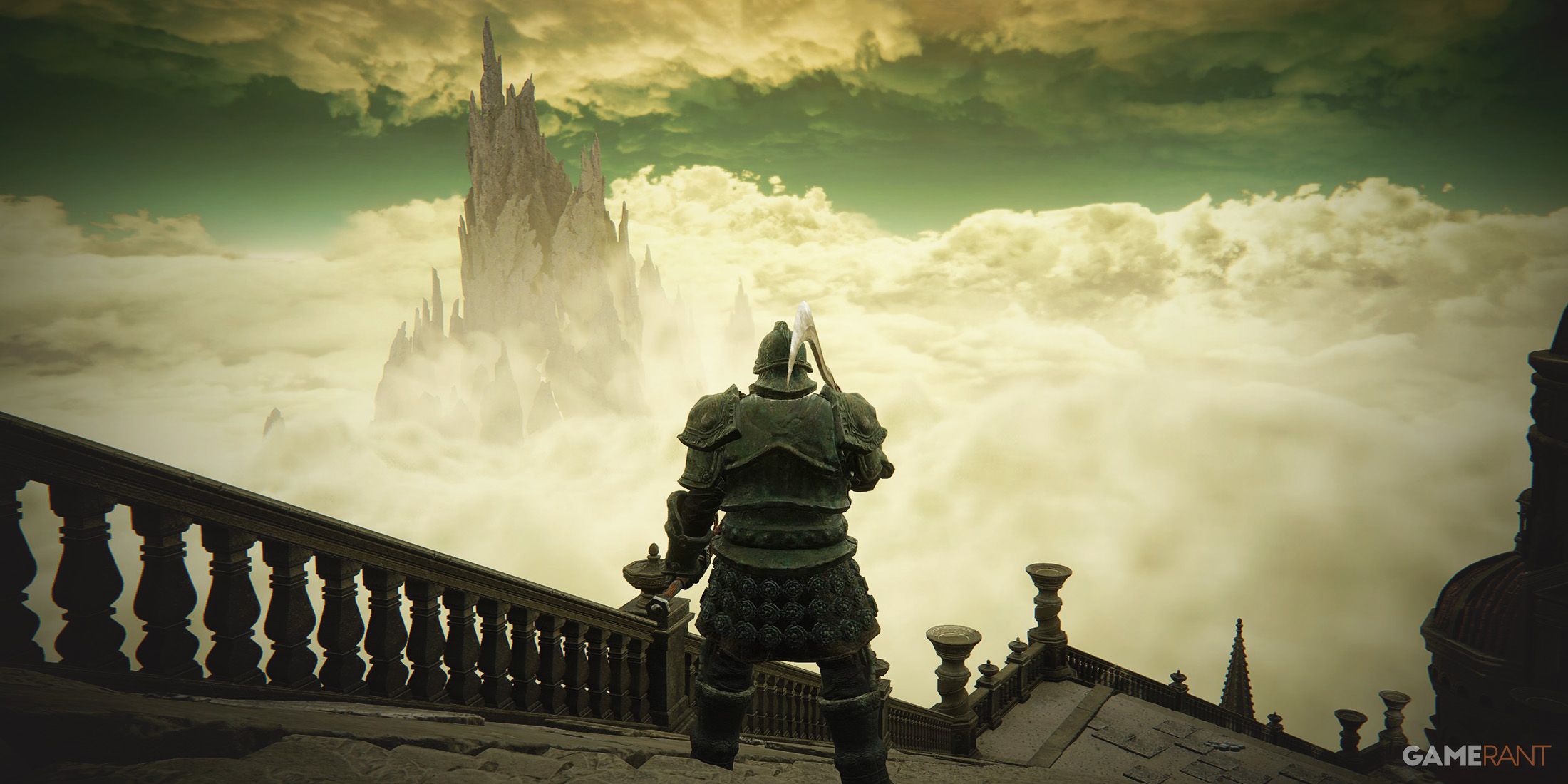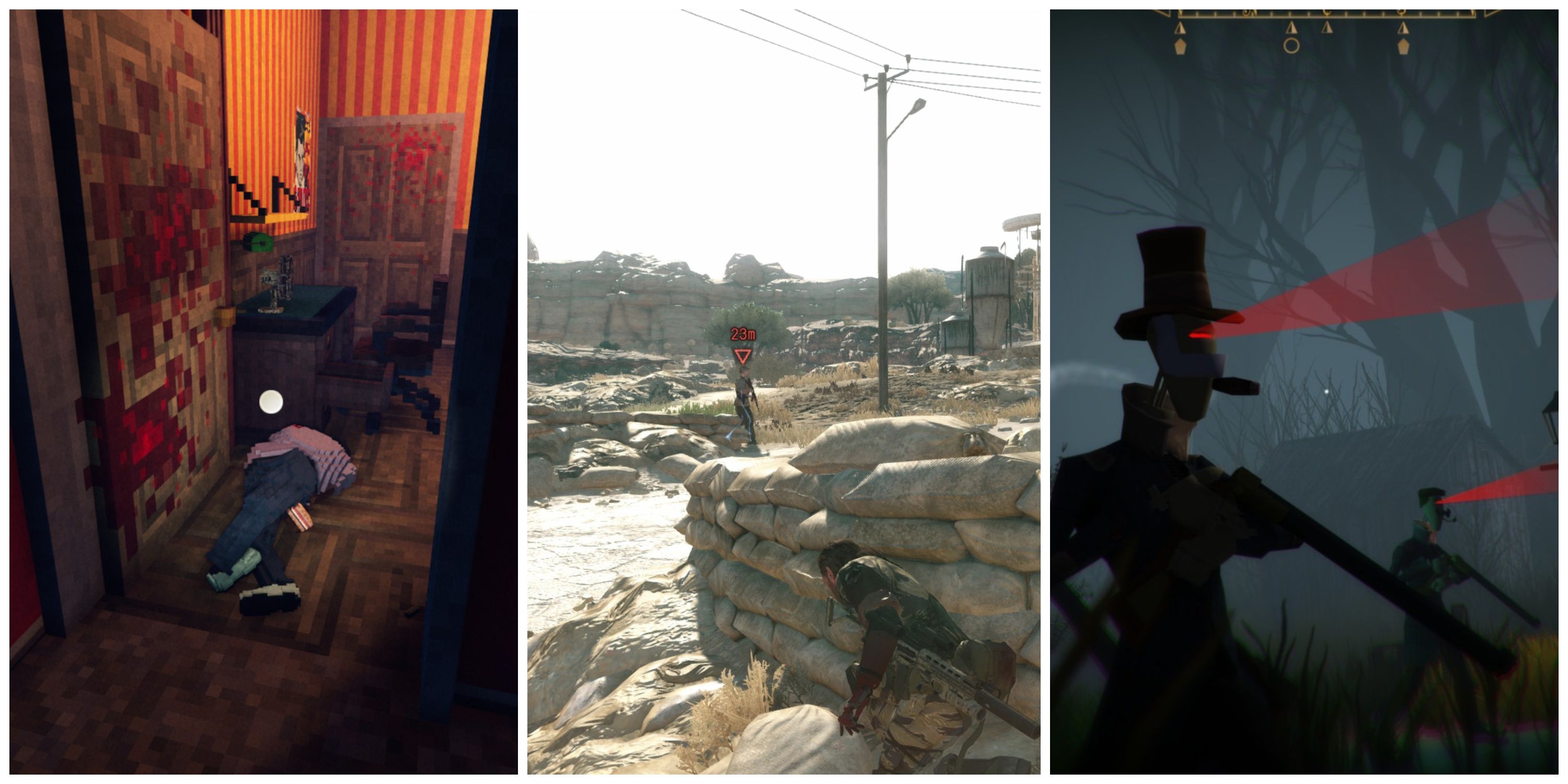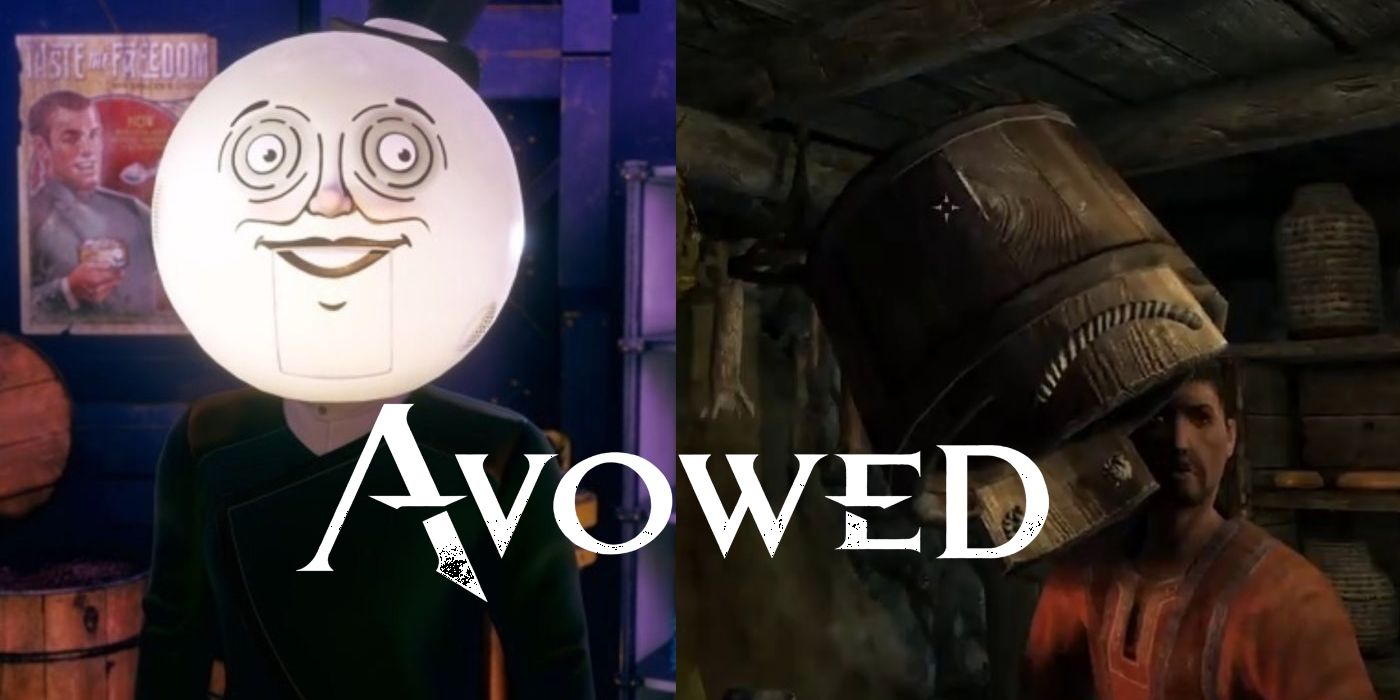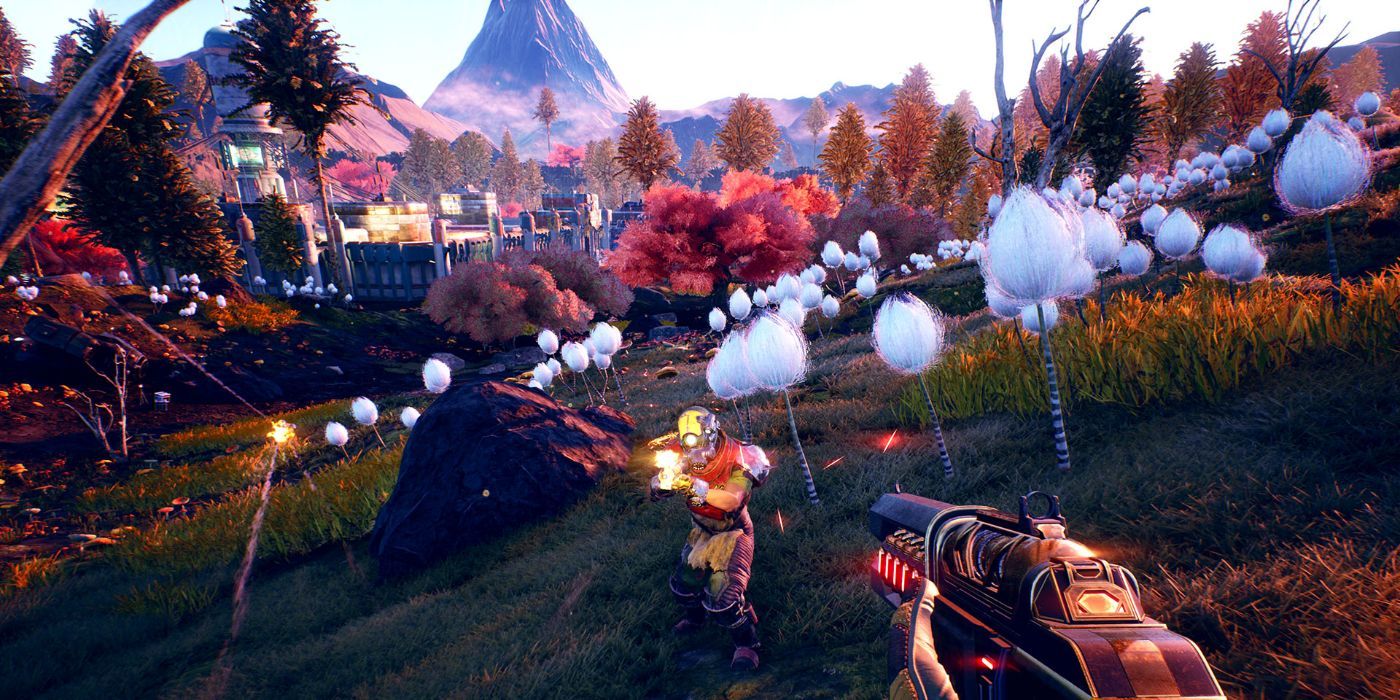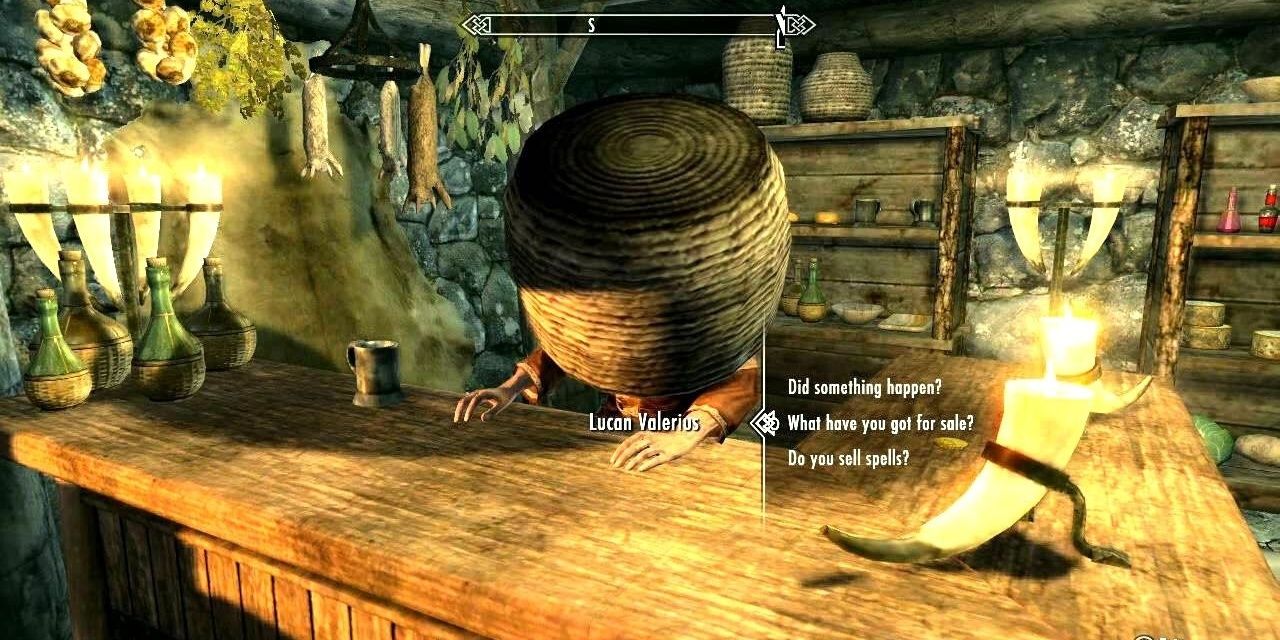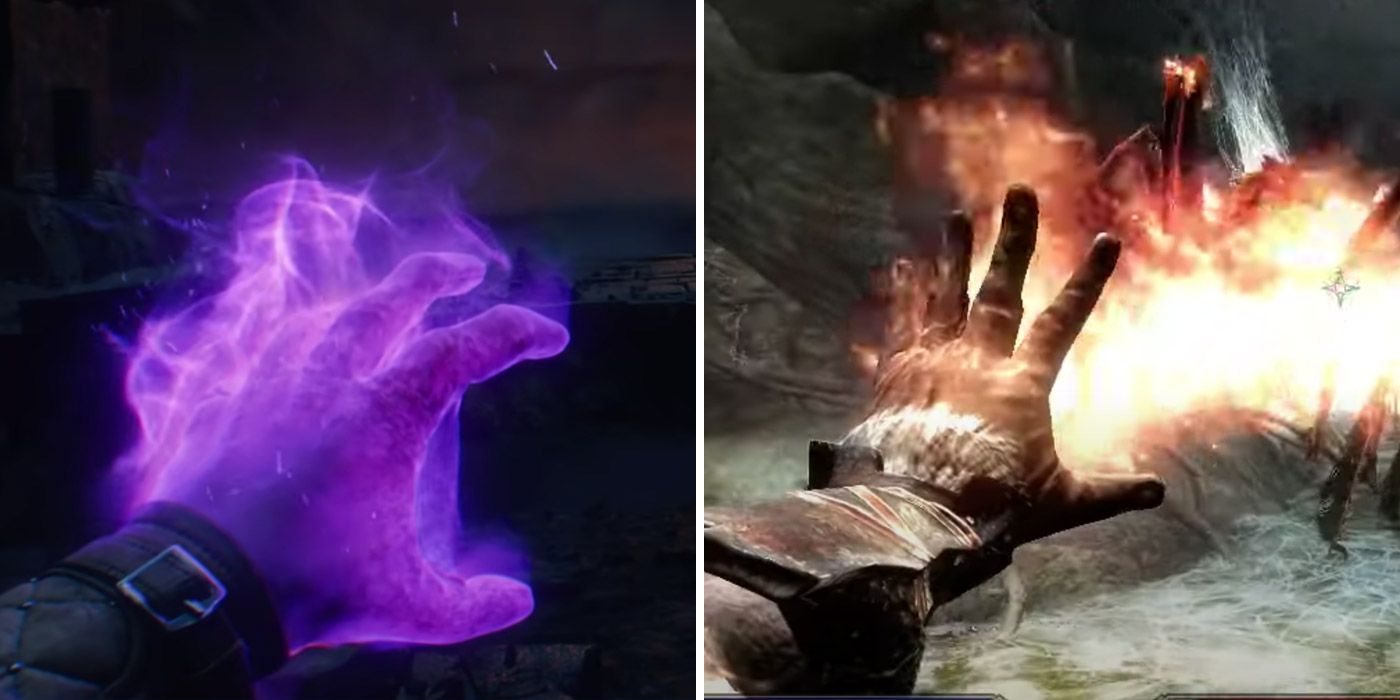The Outer Worlds saw Obsidian Entertainment dive into the world of first-person RPGs for the first time since Fallout: New Vegas released back in 2010. Many fans of the developer saw the release of a first-person satirical sci-fi game as a direct aim at Bethesda and Fallout's spot in the RPG market. With Obsidian's first-person fantasy game Avowed on the way, many now see the studio making a similar move to fulfill the desire Bethesda fans have for a new Elder Scrolls game.
There is one small problem with The Outer Worlds, however, that could prove to be a far larger problem if not solved in time for Avowed. If Obsidian Entertainment is going to take on a giant like The Elder Scrolls series, fixing this issue will be an absolute necessity.
Interactivity In The Outer Worlds
The Outer Worlds presents a game world which resembles a traditional Bethesda RPG in many ways. Players find themselves thrown into a non-linear world filled with quests and NPCs, and often find themselves moving from town to town solving mysteries, running errands, and resolving local conflicts. Combat is common between towns, and exploration is encouraged.
Though it may seem small, there is one key difference between the way players can interact with the world in The Outer Worlds when compared to games like Skyrim and Fallout 4. The Outer Worlds allows players to interact with the world in two main ways. They can talk to NPCs using the game's dialogue system, or they can engage NPCs in combat.
What they cannot do is pick up items and manipulate them in the game's world. They can't move bodies or objects, they can't drink water from sources like in Fallout, and they can't even sit in the captain's chair of their ship The Unreliable. In fact, they can't sit in any chairs. Players are also unable to zoom out to a third-person view like they can in an Elder Scrolls or Fallout game.
Without these small details The Outer Worlds ends up feeling far more like a shooter with an RPG dialogue system than a fully immersive open-world RPG. While RPGs like Mass Effect and Dragon Age also have far fewer ways to dynamically interact with the world, their more linear stories and more prescriptive player characters create a style of RPG which doesn't rely as heavily on these smaller elements.
Interactivity In Bethesda RPGs
In Skyrim, players could manipulate items to decorate their homes in extreme detail. They could sit in any chair at any inn and listen to a bard play music, and they could zoom out and see themselves as part of a scene. They could even famously put buckets over the heads of shopkeeper NPCs in order to break the character's line of sight, letting them steal as many items from the store as they could carry.
Though it sometimes leads to silly outcomes, Bethesda's physics engine allows for the kind of small details that make its open worlds feel extra immersive. BioWare RPGs draw players in with a strong central narrative, but not games like The Elder Scrolls. Many open-world RPGs rely on the player immersing themselves in the world by making their own character, creating their own backstory, and setting their own goals. This reliance on the player to immerse themselves in the game makes these kinds of details hugely impactful, and for all its merits, The Outer Worlds proved comparatively poorer without them.
Although these features mostly add extra opportunities for immersion, sometimes the lack of them directly detracts from player immersion in the game. In Skyrim a player can kill an enemy then drag their corpse out of sight to prevent another enemy from going on the alert. This doesn't come with any special animation like players will find in Dishonored or recent Far Cry games. In fact, the bodies in Skyrim will ragdoll, making them look more than a little silly. Nonetheless, there is an underlying logic, and players are given the ability to engage with their environment in less traditional ways than just combat or dialogue.
Eclipsing The Elder Scrolls
Avowed will likely draw a lot of direct comparisons to Skyrim and the Elder Scrolls series at large when it releases. These are likely comparisons Obsidian itself will want to encourage. Avowed is set in the world of Eora, first created for the two Pillars of Eternity games, Pillars of Eternity being an isometric RPG series developed by Obsidian previously. One of the reasons Avowed will see the franchise move to a first-person perspective is that, despite their critical success, the studio's traditional isometric RPGs were struggling financially. By marketing an Elder Scrolls-style game, the studio likely hopes to find more reliable success with its setting.
However, this also comes with a cost. Avowed will need to go above and beyond Skyrim if it's going to set a new standard for the genre on the new generation of consoles. Avowed will also need to include the small details that help bring the worlds of The Elder Scrolls games to life.
With voiceless protagonists, small cast of voice actors, and large but relatively free-form narrative worlds, the Elder Scrolls games rely on the imagination of the player more than many other major RPG franchises. Small details like being able to sit in chairs, zoom out, and manipulate objects and bodies go a deceptively long way towards allowing players to imagine their own stories in these worlds.
This could require Obsidian to make some updates to its engine during the development of Avowed. That being said, the studio can't hope to take on The Elder Scrolls series without first understanding some of the smaller elements that helped bring its huge success. Avowed may be a continuation of Pillars of Eternity, but many fantasy fans buying the game will be hoping for a spiritual successor to Skyrim. If Obsidian is going to take on a giant, the devil will be in the details.
Avowed is in development for PC and Xbox Series X.

